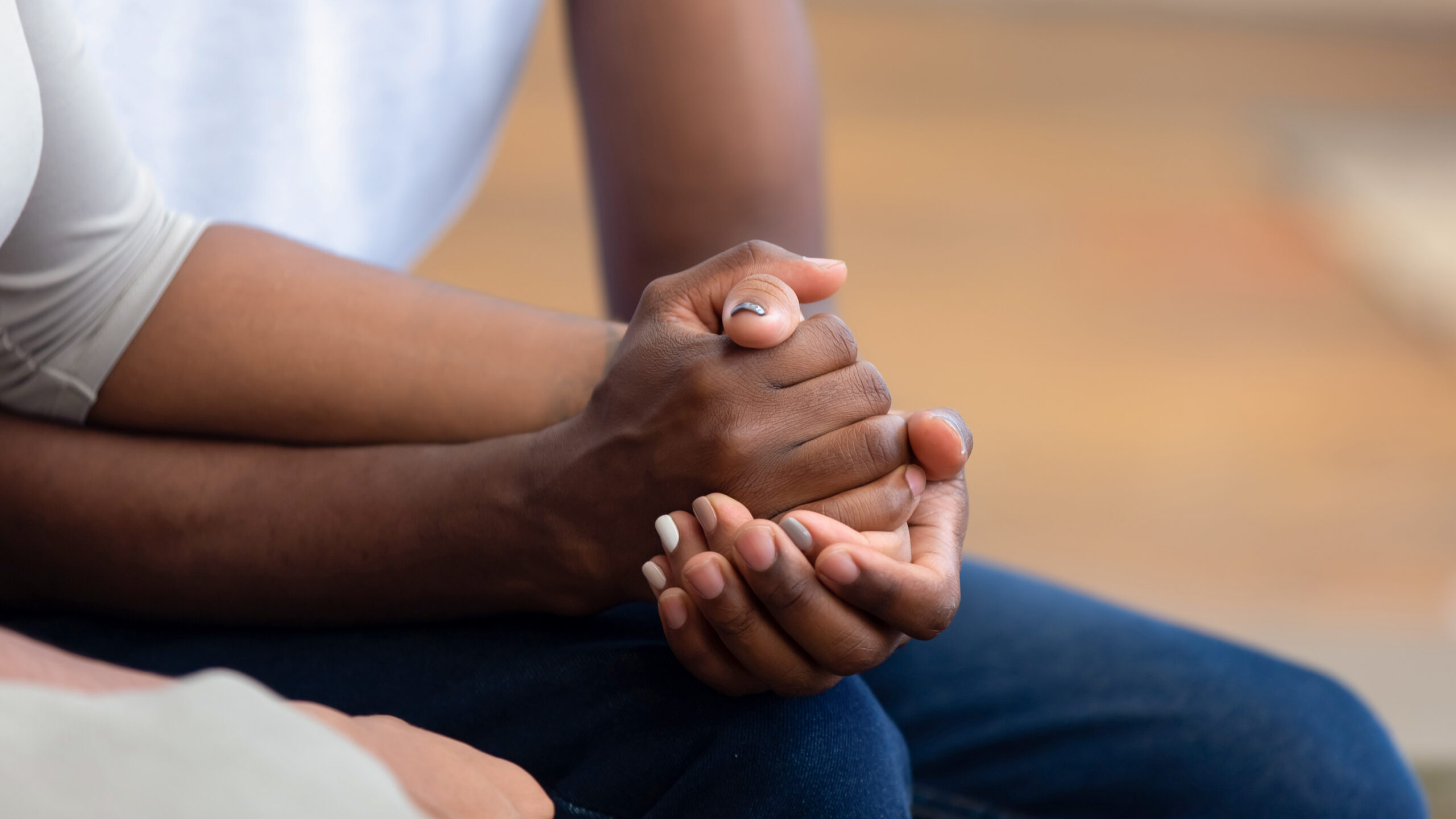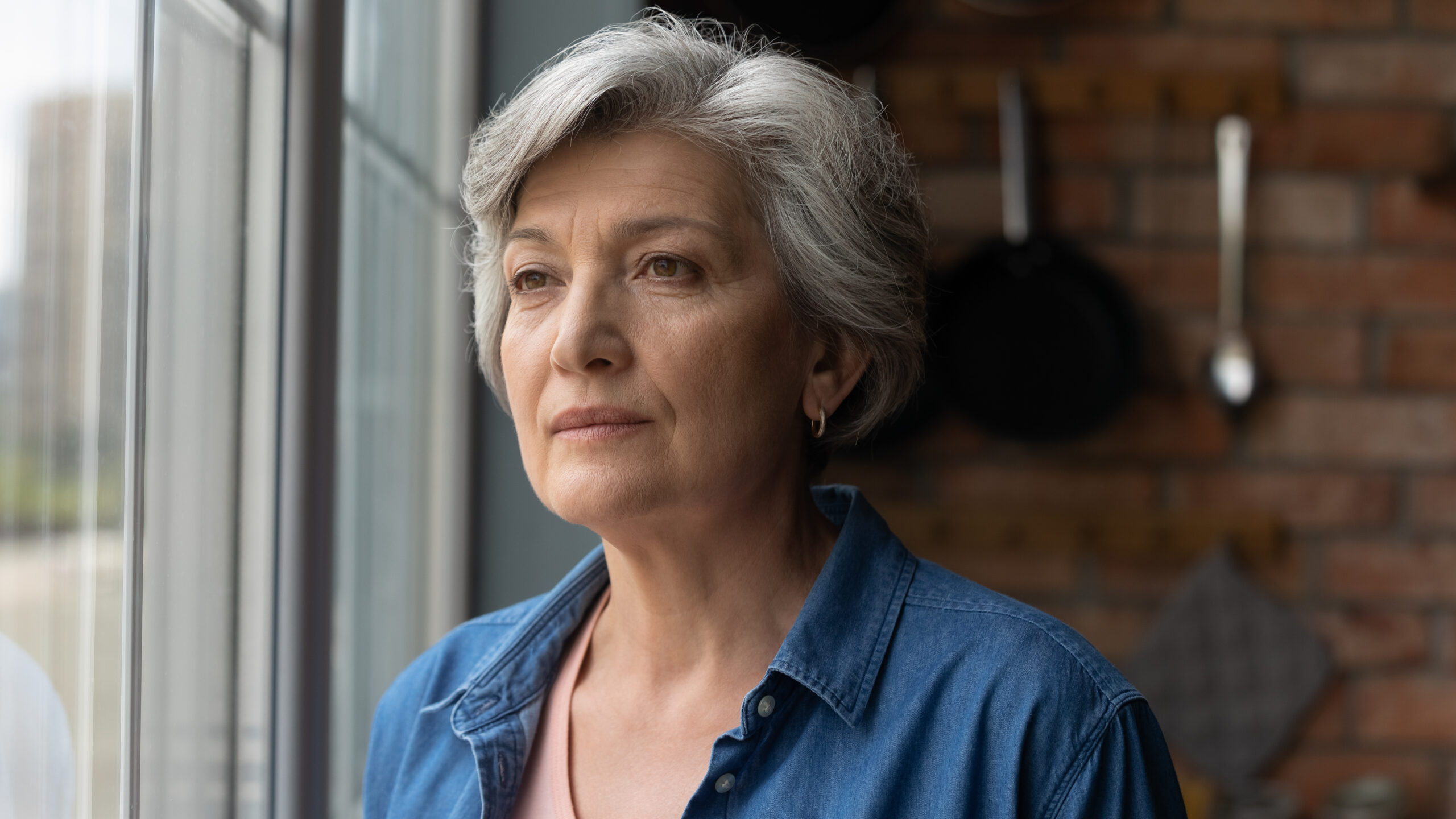Keeping Safe
You may be experiencing domestic abuse but may not be in the position where you are ready to consider ending the relationship or be in a position where you are able to leave. There are many reasons why someone may stay in a relationship; not knowing where to go, no money, no idea how to manage on your own, losing everything, and if you have children with you, it is difficult to consider having to take them away from their friends and family and potentially their school too.
Whilst you are in this relationship, it is important that you continue to keep yourself safe (and any children and vulnerable family members who may be living with you).
Here is some advice on how you can keep yourself safe:
- If you are in immediate danger, you should call 999. The silent solution can be used on a landline or mobile if it is not safe for you to speak. When dialing 999, press 55 when connected to let the call handler know you cannot speak.
- Reach out to a trusted family member, friend, or neighbour to be able to go there if things escalate at home or in an emergency.
- If you can, keep a list of useful contact numbers – this could be a support organisation or a trusted family member or friend. Can you create a safe word with someone to let them know that things are not okay and they will know to call 999 for you because it is not safe for you to do so.
- Keep a diary where you log incidences of abuse – this can be used as evidence if you ever need it to. Apps can be useful, if it is safe to download these: Bright Sky or Hollie Guard can be used to keep a journal safely, as well as many other safety features.
- When tension builds and you feel there is going to be an incident or outburst, avoid being in the parts of your home where there is no escape or where weapons are kept.
- Ensure that all sharp objects are generally kept out of sight, for example all knives kept in a drawer.
- Try to put some money aside where you can, just in case the time came where there is no other option but to leave. This will help you in so many ways.
- It is important to keep yourself digitally safe too.
- Know where your phone is and be mindful to keep it charged.
Children
- Teach your children not to intervene during an incident.
- Teach children to find a safe space and/or to go to someone who they can trust and feel safe with.
- Siblings often feel safer if they go into the same room together.
- Depending on the age of the child, they can create their own safety plan with a trusted person.
- Depending on age of the child (and where appropriate) teach them how to call 999 safely (away from the incident, if possible) in an emergency.
It is also important to keep yourself emotionally safe.
It is likely that you will be experiencing emotional and psychological abuse before any other types are used against you. You may be thinking:
- Is it that bad?
- Am I overreacting?
- It was my fault as I wound them up.
- They would never actually hit me though.
- I can’t be sure that actually happened.
Talking this over with someone you trust, and/or a professional will be able to help you process this. It is important to think about keeping yourself emotionally and psychologically safe too.
Contact the NIDAS team of specialists for advice, and they will discuss the options that are available to you. The professionals in NIDAS will be able provide you with guidance and options. They understand that not everyone who contacts them want to leave, its about giving you the right advice at the right time for you.
If you considering leaving, please talk to a Domestic Abuse specialist. Leaving is the most dangerous time and a specialist will be able to talk you through how to do this safely
There are more options of specialist services listed on our National Services page here.




